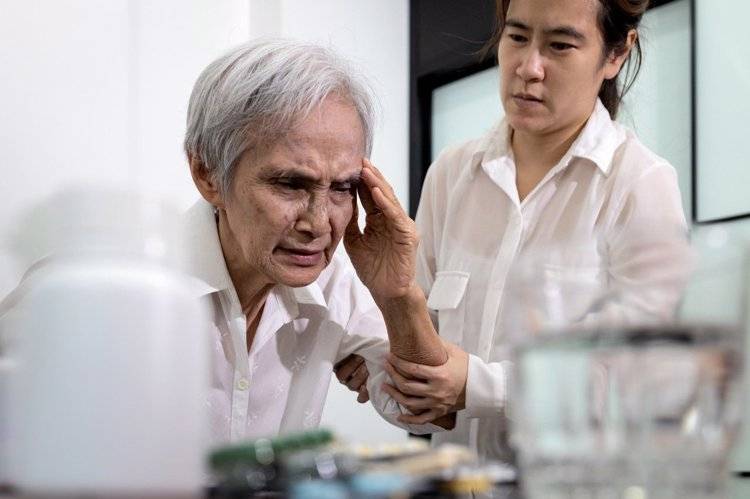“Doctor, how could I possibly have kidney failure?” Mr. Huang asked the doctor despairingly while holding his report.
“I’m not lying to you. Look, your creatinine levels have reached 219, and your glomerular filtration rate shows signs of kidney failure,” the doctor’s words made him even more despondent.
“No, but why? I previously only found out I had high blood pressure, and I’ve been taking medication to control it, plus I haven’t had any episodes again,” he even showed the doctor the antihypertensive medications he had taken over the past few years.
“Doctor, could there be a problem with the antihypertensive medication? I’ve heard that taking too much can be toxic, and I’ve been on it for so many years?”
So, is the reality really as it seems?
1. Is antihypertensive medication the cause of kidney failure, and will that inevitably lead to it?
Somewhere along the way, there has been a surge of claims online suggesting that antihypertensive medications can harm the liver and kidneys, with some even saying that they can damage blood vessels and shorten lifespan.
However, this sentiment has real-world manifestations, as some have used genuine cases to prove that there is indeed a risk of kidney function impairment from taking antihypertensive medications. Consequently, hypertensive patients relying on these drugs for stability have become unsettled. Is it true that antihypertensive medications cannot be taken long-term and that they harm the kidneys?
Currently, mainstream antihypertensive medications, whether dihydropyridine-based, beta-blockers, diuretics, ACE inhibitors, or angiotensin receptor blockers, if used appropriately, will not adversely affect kidney function. In fact, some may even improve kidney function, reduce glomerular filtration pressure, decrease proteinuria, and protect the kidneys.
In fact, it is more accurate to say that antihypertensive medications did not ruin the kidneys, but we should trace back to the root cause: uncontrolled high blood pressure over the long term. This can lead to prolonged exposure to high filtration pressure in the kidneys. Additionally, the renal small arteries can experience narrowing and hardening due to elevated blood pressure, which is the key reason for kidney damage.
2. The doctor points out three reasons antihypertensive medications can lead to kidney failure.
Through the exchange with Mr. Huang, the doctor understood the real reason behind his kidney failure. In reality, the so-called kidney failure incidents attributed to antihypertensive medications often harbor overlooked risks, which are the true culprits behind the issue.
1. Discontinuing or switching medications without medical advice.
Antihypertensive medications need to be taken at specific times and dosages because their efficacy is fleeting; once the medication is stopped, blood pressure will likely surge uncontrollably. Hence, while it’s important to regard potential side effects of the medication, the consequences of losing its protective effects are far graver. Blood pressure fluctuations may accelerate atherosclerosis, plaque ruptures, and subsequently lead to various risks such as thrombosis, heart attacks, strokes, and kidney disease.
2. No improvement in lifestyle habits.
For instance, smoking, drinking, consuming high-fat and high-salt foods, and lack of exercise—all these poor lifestyle choices can lead to sub-health issues even in healthy individuals, let alone in hypertensive patients. Therefore, even with antihypertensive medications, failure to change these bad habits will still result in abnormal blood pressure levels, thus impacting kidney function.
3. No regular monitoring of relevant health indicators.
Many hypertensive patients mistakenly believe that taking antihypertensive medications makes everything alright and neglect the regular monitoring of related indicators, such as ECG, liver function, and kidney function tests. This can lead to undetected underlying conditions developing quietly, posing significant health risks.
3. Should antihypertensive medications be taken before or after meals? Remember these three principles.
Many patients are confused about the optimal timing for taking antihypertensive medications for the best effect.
Before addressing this question, we must understand that blood pressure fluctuates constantly. In a single day, blood pressure can reach two peaks and one trough, occurring from 6 to 10 AM and from 4 to 8 PM, while dropping to its lowest point between 2 and 3 AM.
Moreover, antihypertensive medications can also be short-acting or long-acting. For short-acting medications, the effect…


